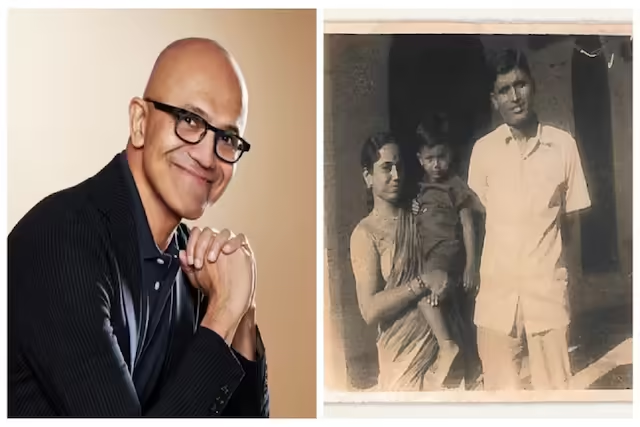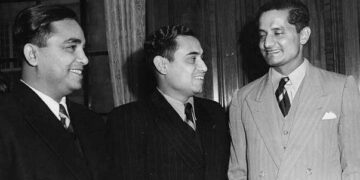Jyotirao Govindrao Phule (English: Jyotirao Govindrao Phule, famous name: ‘Jyotiba Phule’, Birth: 11 April, 1827 AD – Death: 28 November, 1890 AD) The great Indian thinker who first started the work of untouchability and women’s education in Maharashtra. , was a social worker, writer, philosopher and revolutionary activist.
Jyotiba Phule was born on 11 April 1827 in Pune. His family had started making flower vases etc. from Satara to Pune many generations ago. Therefore, these people engaged in the work of gardeners were known as ‘Phule’. Jyotiba studied Marathi till some time ago. But when people said that your son would be of no use by studying, father Govind Ram released him from school. When people explained to him, the intelligent boy got the opportunity to go to school again and at the age of 21, he completed the seventh class of English.
Jyotiba had great interest in reading the biographies of saints and saints. He came to know that when all men and women are equal in front of God then why should there be any difference between them. Jyotiba opened a school in 1854 to improve the condition of women and their education. This was the first school in the country for this work. When he could not find a teacher to teach the girls, he made his wife Savitri capable by doing this work himself for a few days. The people of the upper class tried to hinder his work from the very beginning, but as Phule progressed, they put pressure on his father and got the husband and wife thrown out of the house. This certainly halted his work for some time, but soon He opened three girls’ schools one after the other.
To liberate the untouchables, Jyotiba brought up their untouchable children at her home and opened the water tank of her house for them. As a result he was ostracized from the caste. By working as a teacher in a mission school for some time, Jyotiba was also introduced to the ideas of the West, but Christianity never attracted her. In 1853, the husband and wife opened a night school for adults in their house. Seeing his increasing fame through all these works, the reactionaries had once prepared two murderers to kill him, but after seeing Jyotiba’s social service, they became his disciples.
Jyotiba established ‘Satyashodhak Samaj’ to provide justice to Dalits and weaker sections. Seeing his social service, he was given the title of ‘Mahatma’ in a huge gathering in Mumbai in 1888 AD. Jyotiba started the marriage ceremony without a Brahmin priest and it also got recognition from the Mumbai High Court. He was against child marriage and supporter of widow remarriage. He was a fan of Lokmanya.
In 1873, Mahatma Phule founded ‘Satyashodhak Samaj’ and in the same year his book “Gulamgiri” was also published. Both events greatly influenced the future history and thinking of Western and South India. Mahatma Phule’s book ‘Gulamgiri’ is a book of very few pages, but based on the ideas expressed in it, many movements started in Western and Southern India. Many threads of the fight for Dalit identity going on in Uttar Pradesh can be found in ‘Gulamgiri’. Modern India is grateful to a revolutionary thinker like Mahatma Phule.[1]
demise
1890 AD: Great social worker Jyotiba Phule died.






